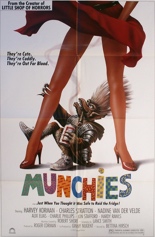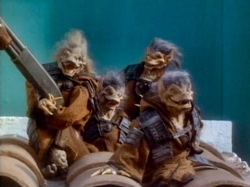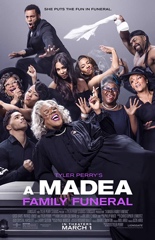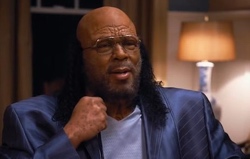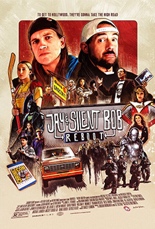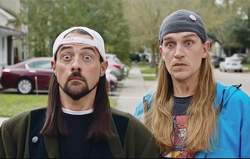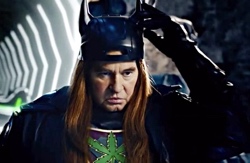
 In the early ’90s, all of your favorite comedians from Saturday Night Live were busy in the theaters making their feature film debuts to varying degrees; but, if you ask me, the more interesting movies were coming for the gang at In Living Color, with its second most popular star Damon Wayans hitting hard with The Last Boy Scout, Blankman and the mostly forgotten Mo’ Money.
In the early ’90s, all of your favorite comedians from Saturday Night Live were busy in the theaters making their feature film debuts to varying degrees; but, if you ask me, the more interesting movies were coming for the gang at In Living Color, with its second most popular star Damon Wayans hitting hard with The Last Boy Scout, Blankman and the mostly forgotten Mo’ Money.
Based on Wayans’ popular street-hustler catchphrase, this cinematic incarnation still finds him on the street, trying to make dollars with his real-life brother Marlon. Together, they rip off marks for televisions and other high-ticket items, usually while in now-offensive characters like a homeless man, a mentally handicapped man or a very homosexual man.
 When he meets the stunning Amber (the still-stunning Stacey Dash), Wayans decides he’s going to fly right and work hard at the most important credit card firm in history; when temptation strikes and he steals a few cards, however, that’s when he’s lured into a badly envisioned criminal ring of credit conmen who use murder to solve all of their problems.
When he meets the stunning Amber (the still-stunning Stacey Dash), Wayans decides he’s going to fly right and work hard at the most important credit card firm in history; when temptation strikes and he steals a few cards, however, that’s when he’s lured into a badly envisioned criminal ring of credit conmen who use murder to solve all of their problems.
When Mo’ Money lets Wayans do his comedic thing, it’s a very funny movie. But, for some reason, with about 30 or so minutes left to go, it becomes a highly disjointed, tonally erratic action film, one that never recovers as he chases the bad guys in typical ’90s mode, sans, strangely enough, any wisecracks at their deathly expense.
Directed by Peter MacDonald, perhaps best known for the execrable Rambo III, the only thing that this flick had going for it during its original release was the platinum new jack soundtrack, featuring five hits, including the Janet Jackson/Luther Vandross smash “The Best Things in Life Are Free,” which was inescapable for a while.
A few years later, sketch-show cast members would cross paths when Wayans and Adam Sandler starred in Bulletproof, which was only funny for a can’t-repeat-here joke about Disneyland. —Louis Fowler

